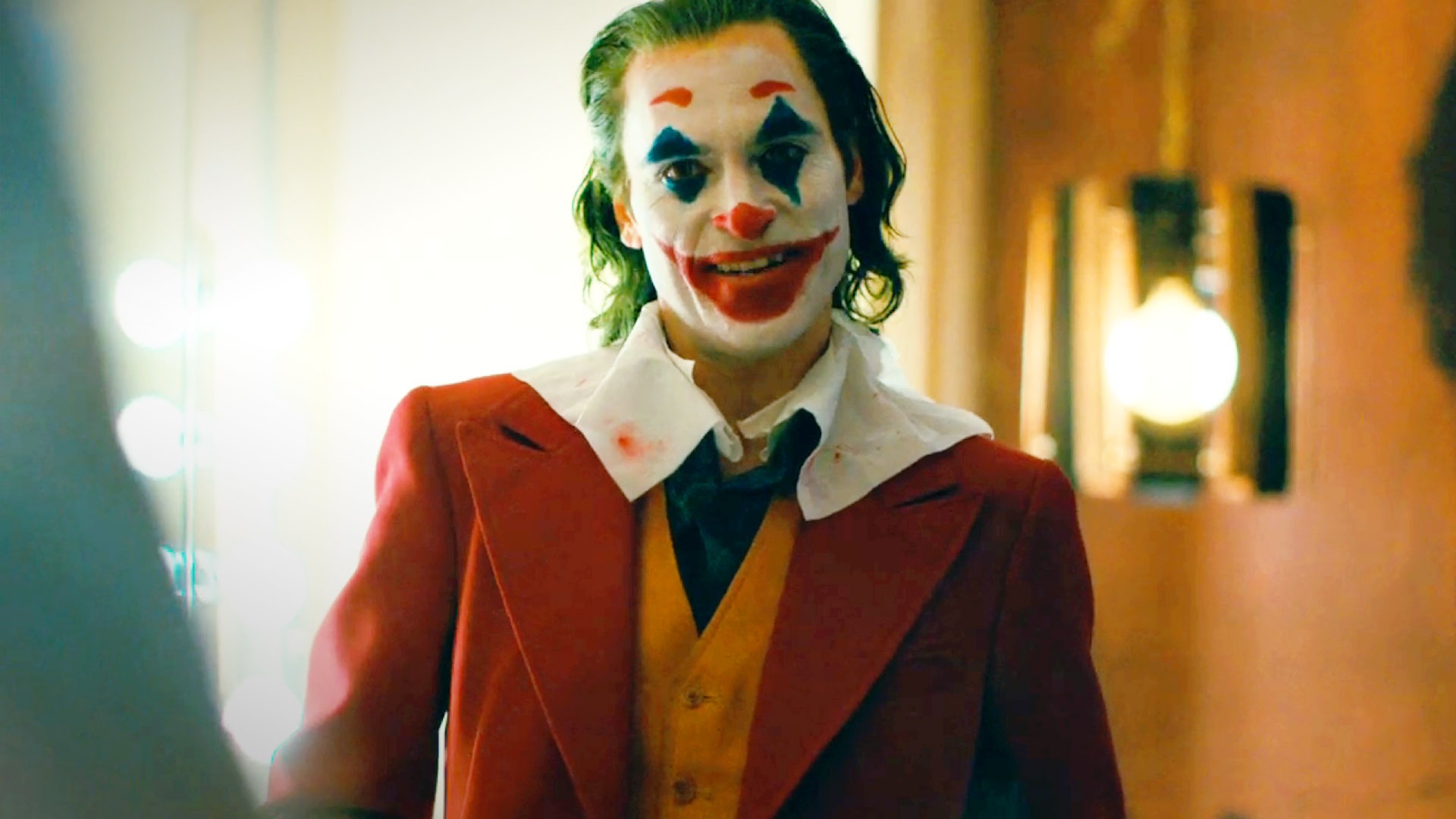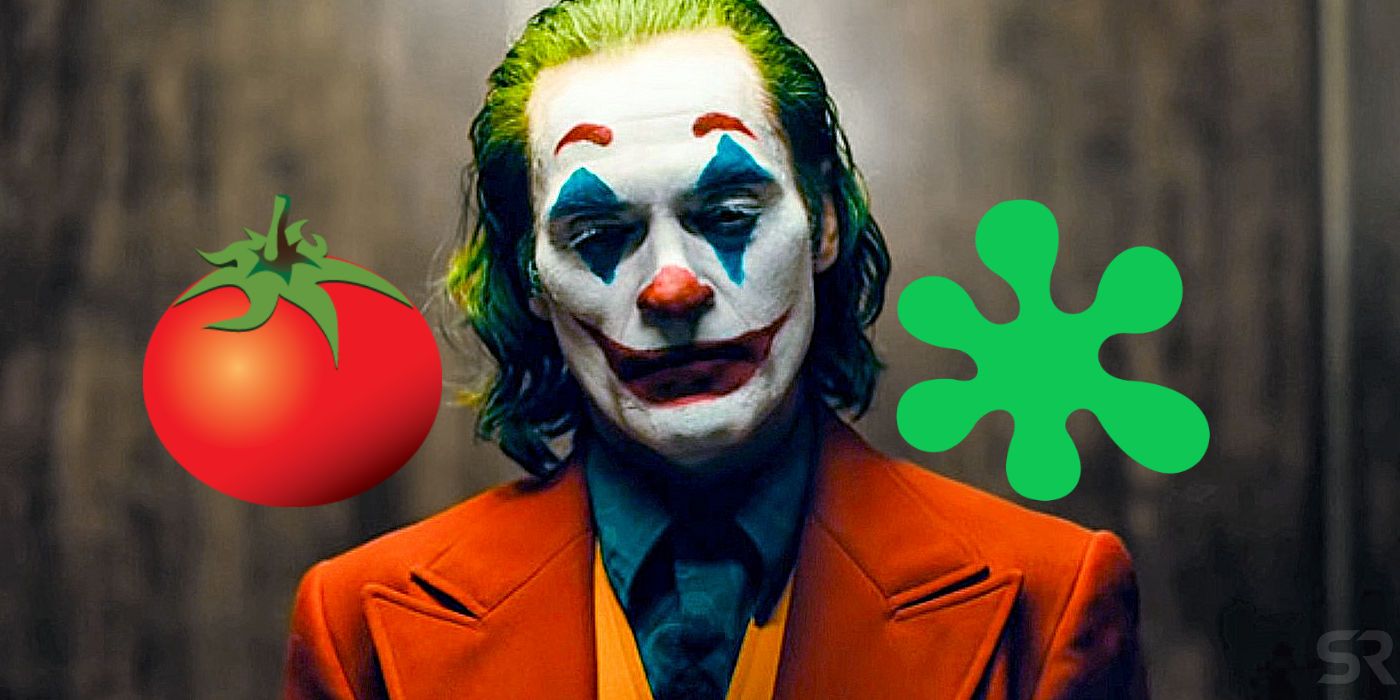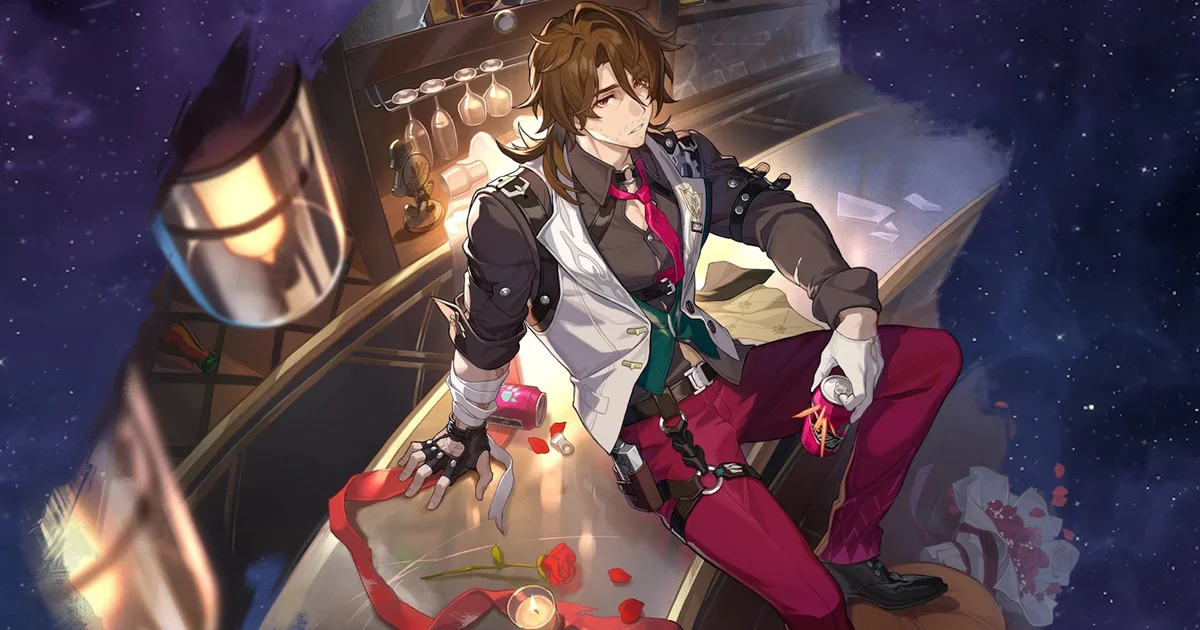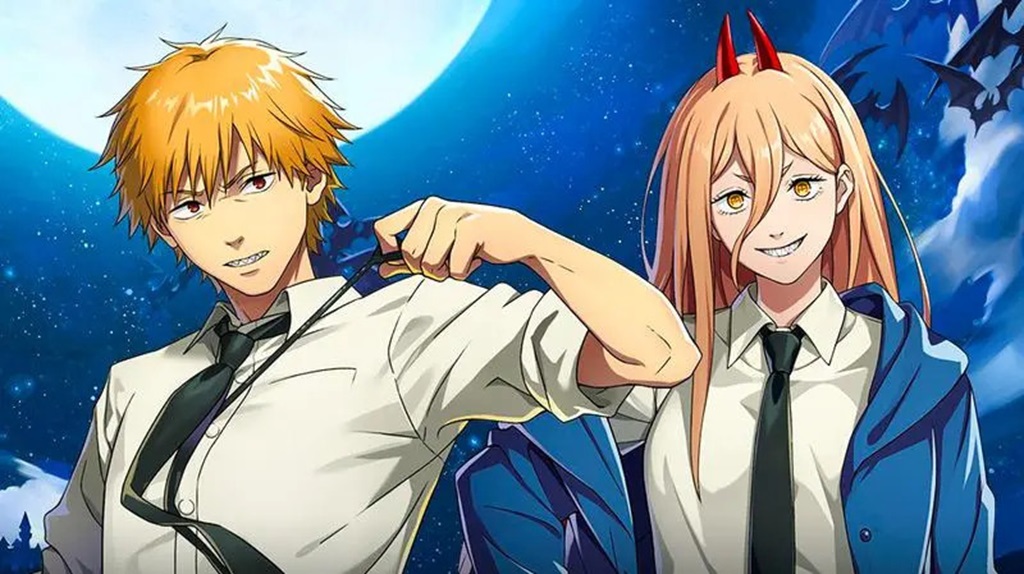Exploring “The Joker” on Rotten Tomatoes: A Cinematic and Critical Phenomenon
Regarding movies that have sparked intense debates, garnered widespread acclaim, and stirred controversy in equal measure, Joker (2019) stands out as a cultural landmark. Directed by Todd Phillips and starring Joaquin Phoenix in a career-defining role, the film presents a gritty, psychological exploration of one of DC Comics’ most iconic villains. While it polarized audiences and critics alike, its reception on Rotten Tomatoes became a focal point of discussion for fans and detractors. This article takes a deep dive into “The Joker Rotten Tomatoes” journey, examining its critical reception, audience reactions, and the broader significance of its Rotten Tomatoes score.
“The Joker Rotten Tomatoes” Score: The Critical and Audience Divide
Upon its release, Joker quickly gained traction on Rotten Tomatoes, one of the most prominent platforms for movie reviews. The film’s Tomatometer score, aggregating reviews from professional critics, initially sat at 69%, just below the “Certified Fresh” threshold. This score highlights a divisive critical reception, with many praising Joaquin Phoenix’s performance while others criticized the film’s dark tone and controversial themes.
However, the Audience Score on Rotten Tomatoes told a very different story. Currently, Joker boasts an impressive 88% approval rating from viewers. This stark contrast between critics and the general public has fueled discussions about the role of Rotten Tomatoes in shaping perceptions of modern cinema. The disparity also underscores the subjective nature of art and the diverse range of expectations audiences bring.
What Critics Said About “The Joker” on Rotten Tomatoes
Critics who reviewed Joker on Rotten Tomatoes offered a wide range of opinions. Positive reviews lauded the film’s daring approach to storytelling, gritty, urban aesthetic, and Joaquin Phoenix’s transformative portrayal of Arthur Fleck. Many hailed Phoenix’s performance as one of the greatest in modern cinema, describing it as raw, unflinching, and emotionally intense.
Richard Roeper from the Chicago Sun-Times gave the film a glowing review, calling it a “riveting, fully realized and groundbreaking portrayal of a character we’ve never really understood until now.” Similarly, critics from The Guardian and Empire praised its artistic ambition, with some comparing it to Martin Scorsese classics such as Taxi Driver and The King of Comedy.
However, negative reviews highlighted concerns about the film’s portrayal of mental illness, its potentially inflammatory message, and its bleak, nihilistic worldview. Critics like Stephanie Zacharek from Time argued that the movie “lionizes and glamorizes” its protagonist’s violent descent into madness. Others questioned the necessity of such a dark origin story for the Joker, with some feeling that the film crossed a line between provocative and exploitative.
This critical divide is reflected in the Rotten Tomatoes consensus: “Joker gives its infamous central character a chillingly plausible origin story that serves as a brilliant showcase for its star — and a dark evolution for comics-inspired cinema.”

The Audience Speaks: Why Fans Loved “The Joker Rotten Tomatoes” Score
The audience response to Joker was overwhelmingly positive, with fans praising the film and contributing to its high Rotten Tomatoes Audience Score. Many viewers felt a strong connection to Arthur Fleck’s struggles, seeing him as a reflection of societal neglect and alienation. The movie’s commentary on class disparity, mental health, and systemic failures resonated deeply with audiences, especially in an era of widespread social and political upheaval.
One key reason fans flocked to Rotten Tomatoes to voice their approval was Joaquin Phoenix’s haunting performance. His commitment to the role, including the drastic weight loss and intense preparation, made the character both terrifying and sympathetic. For many viewers, this portrayal of the Joker redefined the character, taking him beyond his comic book roots and into the realm of a complex, tragic antihero.
Fans also appreciated the film’s willingness to take risks. Unlike the action-packed blockbusters often associated with superhero franchises, Joker is a slow-burning character study that defies genre conventions. For many, it was a breath of fresh air — a film that dared to challenge norms and provoke thought rather than entertain.
The Cultural Impact of “The Joker Rotten Tomatoes” Debate
The discussions surrounding “The Joker Rotten Tomatoes” score highlight broader trends in how movies are received in the digital age. As a platform, Rotten Tomatoes has become a battleground where critical opinions clash with audience perspectives. This dynamic is particularly evident in films like Joker, which spark strong emotional reactions.
The Tomatometer and Audience Score divide reflects a growing disconnect between professional critics and general audiences. While critics tend to evaluate films based on technical aspects such as direction, screenplay, and thematic depth, audiences often prioritize emotional engagement and personal resonance. In the case of Joker, viewers felt the film spoke to real-world issues in a way that critics may have overlooked or dismissed.
This cultural moment also raises questions about the role of Rotten Tomatoes in influencing public perception. Does a low Tomatometer score discourage potential viewers, or do audience reviews hold more significant sway? The latter was true for Joker, as the film became a box-office juggernaut despite its mixed critical reception.
Awards and Accolades: A Validation of Audience Sentiment
The accolades received by Joker further validated its audience-driven success. Joaquin Phoenix’s performance earned him the Academy Award for Best Actor, solidifying his place among the greats. The film also won the Golden Lion at the Venice Film Festival, a prestigious honor that showcased its artistic merit. These achievements demonstrated that, despite the divisive critical reception reflected in “The Joker Rotten Tomatoes” score, the film profoundly impacted the industry.
Additionally, Joker became the highest-grossing R-rated film of all time, earning over $1 billion at the global box office. This commercial success and its awards recognition underscored the power of audience support in propelling a film to cultural and financial heights.
Lessons Learned from “The Joker Rotten Tomatoes” Journey
The story of “The Joker Rotten Tomatoes” score offers valuable insights into the evolving landscape of film criticism and audience engagement. It illustrates the limitations of relying solely on aggregated scores to judge a movie’s worth. While Rotten Tomatoes remains valuable for gauging public and critical opinion, Joker reminds us that art is subjective, and numbers can’t always quantify its impact.
For moviegoers, the takeaway is clear: Don’t let a single score determine your viewing choices. Instead, consider the full spectrum of reviews and decide for yourself. Films like Joker thrive on their ability to provoke discussion, challenge perceptions, and leave a lasting impression — qualities that can’t always be captured in a percentage.

Conclusion: The Legacy of “The Joker Rotten Tomatoes” Debate
The debate surrounding “The Joker Rotten Tomatoes” score reflects the broader conversations in film criticism and fandom. Joker defied expectations, dividing critics while capturing the hearts of audiences around the globe. Its success proved that a film doesn’t need unanimous acclaim to make a significant cultural impact.
As time passes, Joker will likely continue to be analyzed and debated, standing as a testament to the power of cinema to ignite dialogue and challenge norms. For fans, critics, and filmmakers alike, its journey on Rotten Tomatoes reminds them of the complex, multifaceted nature of storytelling and its ability to resonate with people in deeply personal ways. Whether you side with the critics or the audience, one thing is sure: Joker is a film that won’t be forgotten anytime soon.



